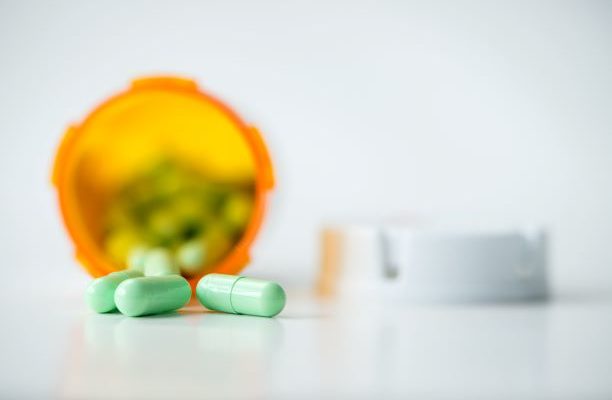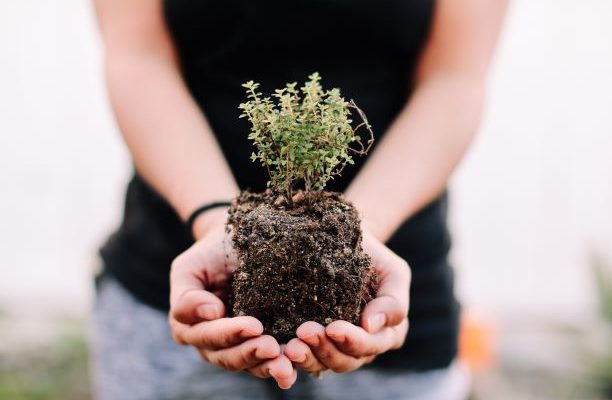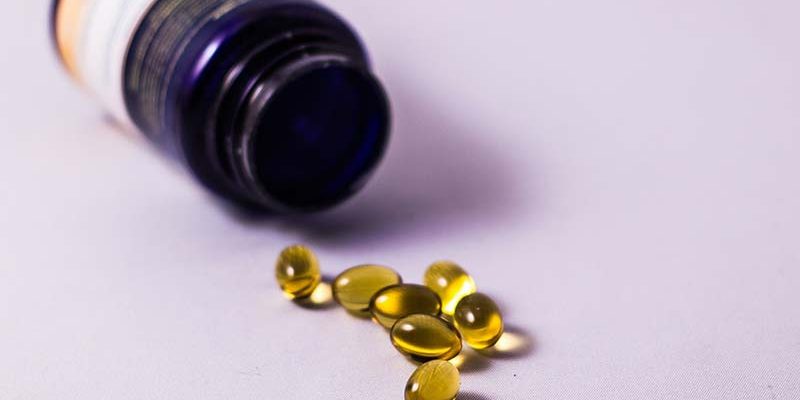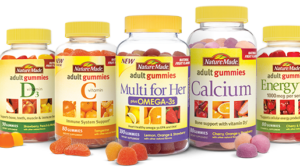Dear Friends and Fellow Advocates of Holistic Healing,
I am thrilled to share some spectacular news that not only resonates deeply with my heart but also underscores the incredible potential of Traditional Chinese Medicine (TCM) in the realm of cancer research. The City of Hope, a beacon of hope in the world of medical science, has recently received a generous $100 million gift to further integrative cancer research in Sept. 2023. . As a licensed acupuncturist and fervent advocate of TCM, I cannot help but emphasize the significance of this milestone and how it paves the way for a brighter future in holistic healthcare.
We all have lost loved ones to cancer. Conventional cancer treatments, such as chemotherapy and radiation therapy, have indeed made remarkable strides in extending and improving the lives of cancer patients. However, they often come with debilitating side effects that can take a profound toll on a person’s physical and emotional well-being.
In this backdrop, the infusion of Traditional Chinese Medicine into cancer research is nothing short of revolutionary. TCM is an ancient healing system that has been practiced for thousands of years, with a primary focus on balancing the body’s energy, or “qi,” and promoting overall health. It includes therapies like acupuncture, herbal medicine, dietary therapy, and Qi Gong, all of which have shown promise in alleviating cancer-related symptoms and enhancing the effectiveness of conventional treatments.
Andrew and Peggy Cherng acknowledged the value of an integrative approach to cancer care and investment in a future where patients receive comprehensive, patient-centered care that addresses not only the physical aspects of the disease but also the emotional and spiritual dimensions. TCM plays a pivotal role in achieving this vision. Thank you Andrew and Peggy Cherng.
Acupuncture is a cornerstone of TCM and has gained recognition for its effectiveness in managing cancer-related pain, nausea, and fatigue. By stimulating specific acupuncture points, it can help alleviate discomfort and improve a patient’s quality of life during treatment.
TCM herbal remedies are tailored to address individual patient needs and are pivotal in complementing conventional therapies by reducing side effects, boosting the immune system, and promoting overall wellness.
TCM also includes dietary therapy which emphasizes the importance of nourishing the body with the right foods. It can help cancer patients maintain their strength, manage symptoms, and support their recovery.
Stress reduction and emotional support is another critical factor in the cancer journey where TCM can help patients foster a more positive mindset. Practices like Qi Gong and meditation, both rooted in TCM, can help patients manage stress, anxiety, and depression.
The collaboration between the City of Hope and Traditional Chinese Medicine is a testament to the recognition that the future of medicine lies in integration. It’s about merging the wisdom of ancient healing traditions with cutting-edge medical science to provide patients with the best of both worlds. This approach recognizes that every individual is unique, and their healing journey should be equally unique.
As a licensed acupuncturist, I have witnessed the transformative power of TCM in the lives of countless patients. It’s not just about treating symptoms; it’s about nurturing the body’s innate capacity to heal itself. This $100 million gift signifies a shift towards a more holistic, patient-centric approach to cancer care that is profoundly hopeful.


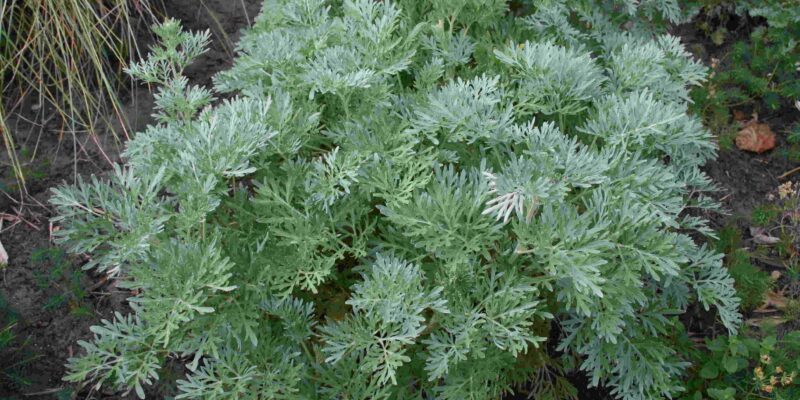
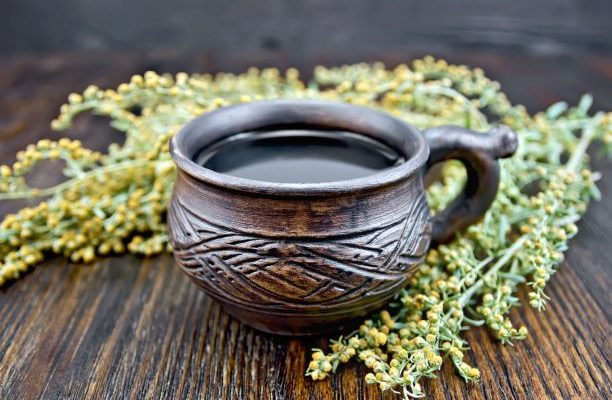
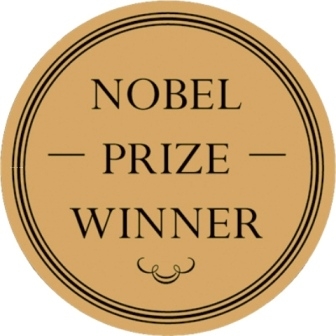 Her work at the Academy of Traditional Chinese Medicine in Beijing, China has saved thousands from malaria deaths in the last forty plus years.
Her work at the Academy of Traditional Chinese Medicine in Beijing, China has saved thousands from malaria deaths in the last forty plus years.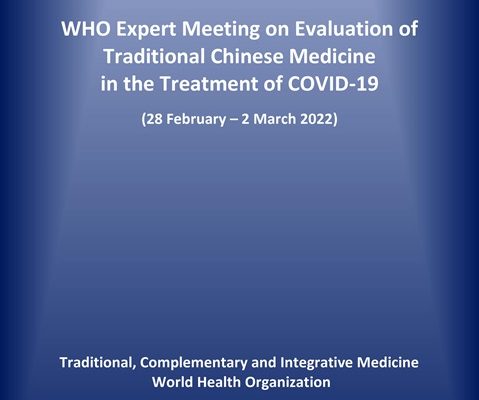
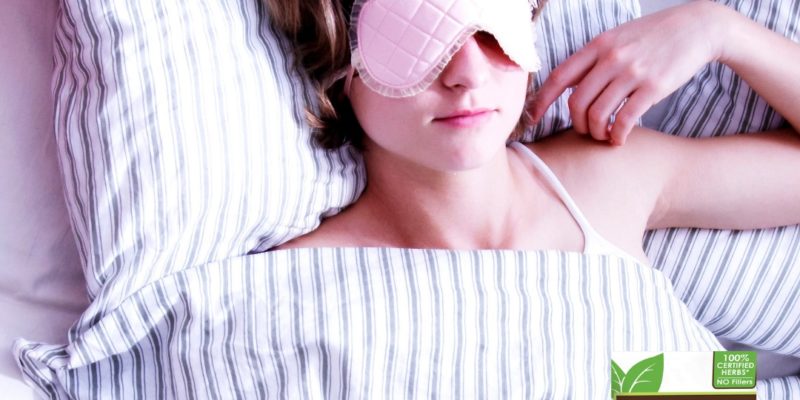
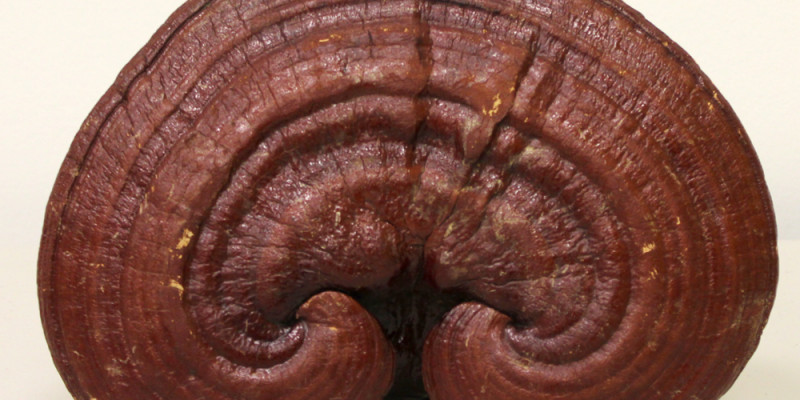

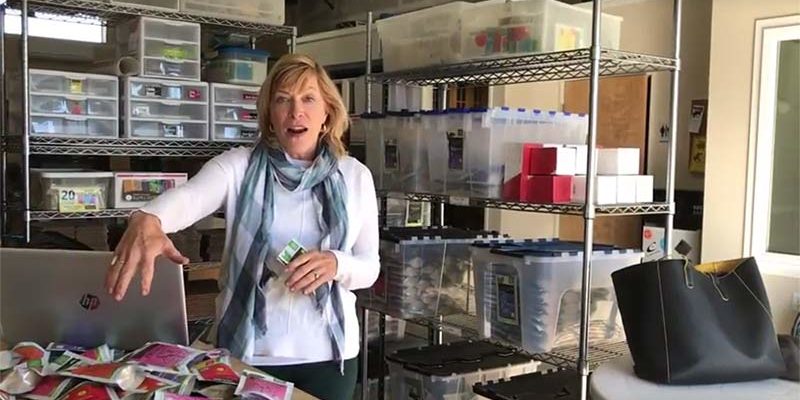
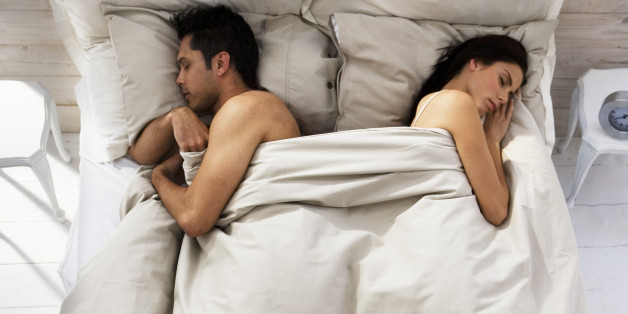
 “My 88 year old husband was prescribed Ambien for insomnia. After the first dose, he fell while getting up to go the bathroom, gashed his head and had to go to the emergency room for stitches. A year later, I gave him a half-dose (again prescribed) and within minutes, his legs collapsed on him. I had the hardest time getting him into bed.
“My 88 year old husband was prescribed Ambien for insomnia. After the first dose, he fell while getting up to go the bathroom, gashed his head and had to go to the emergency room for stitches. A year later, I gave him a half-dose (again prescribed) and within minutes, his legs collapsed on him. I had the hardest time getting him into bed. 